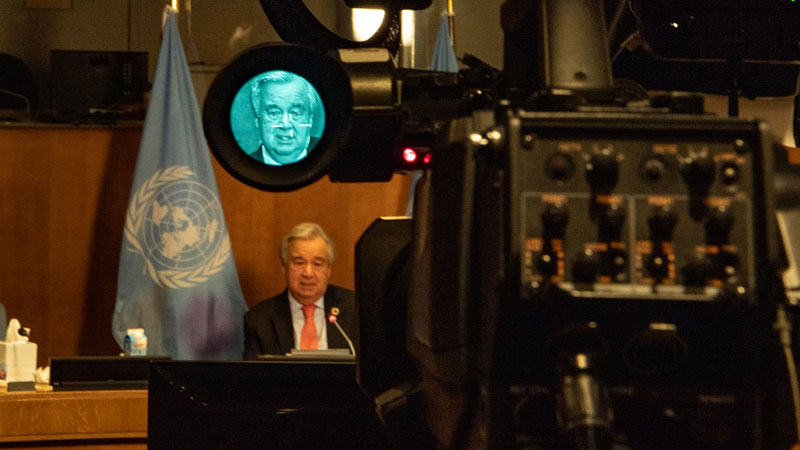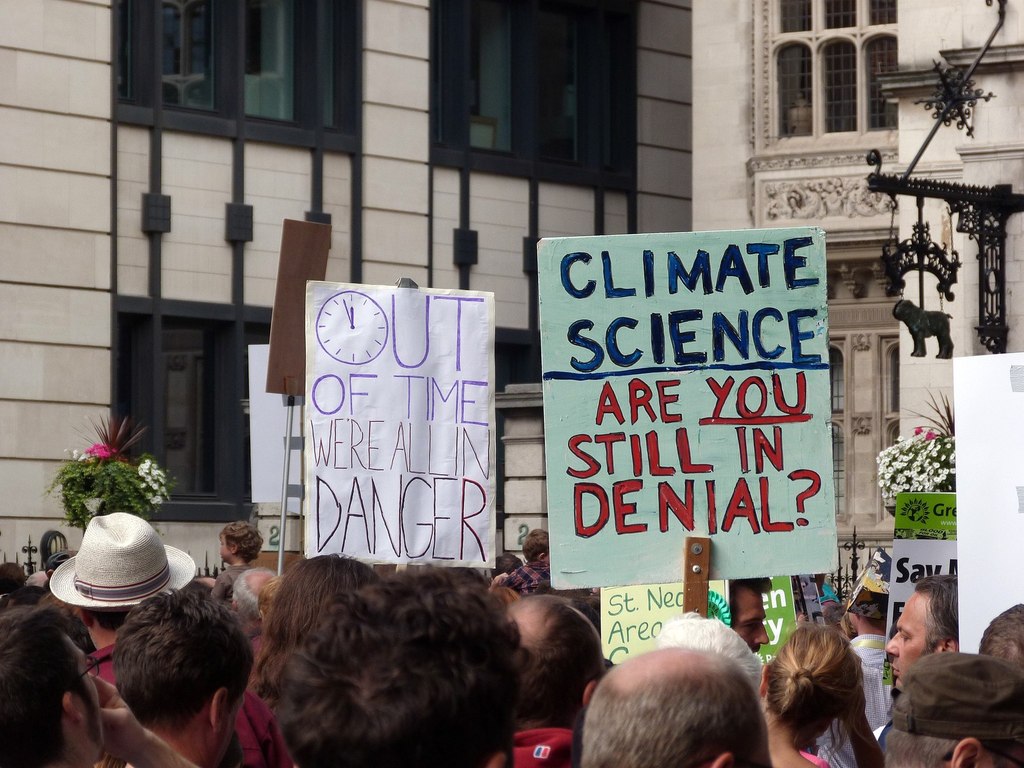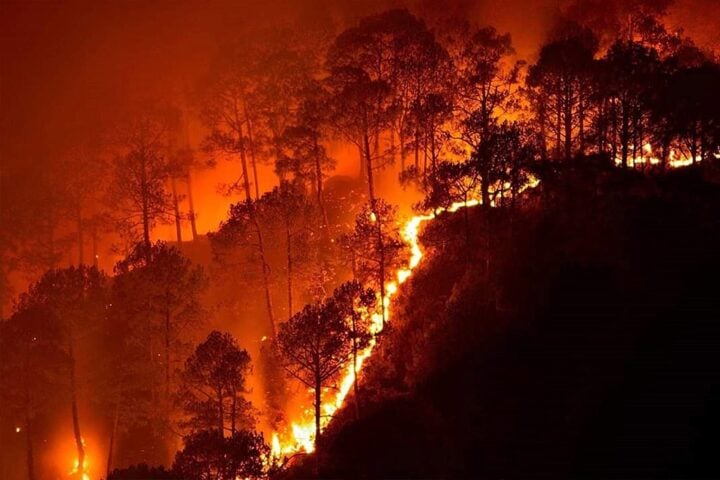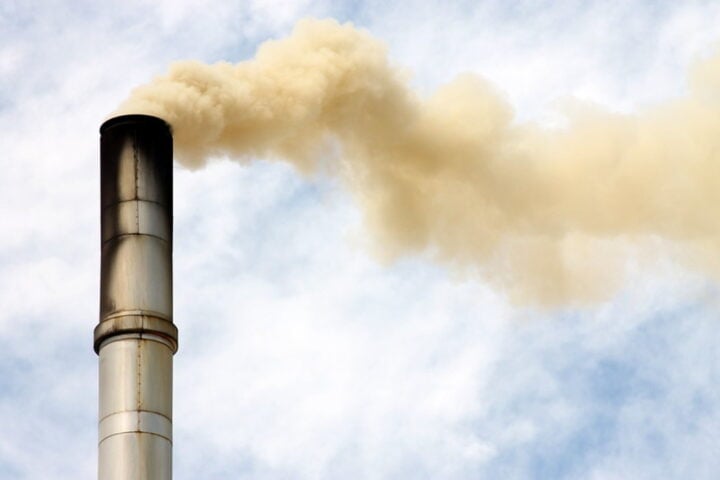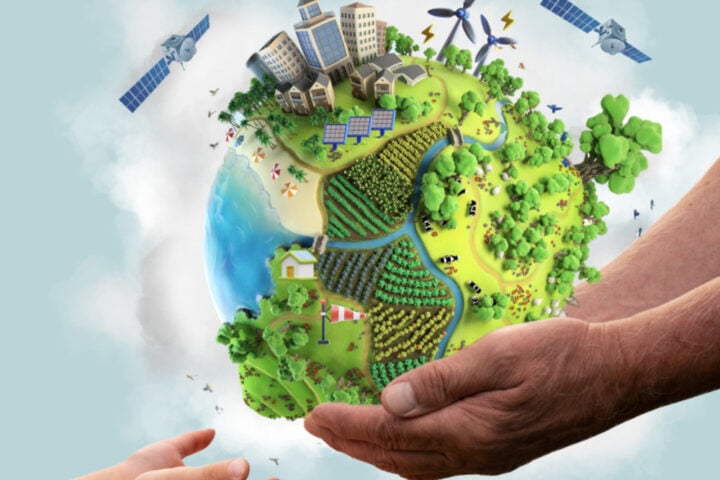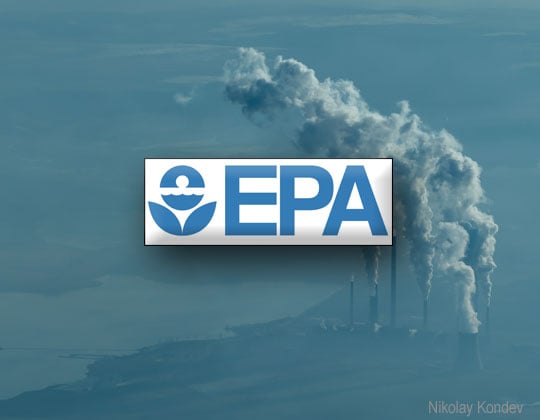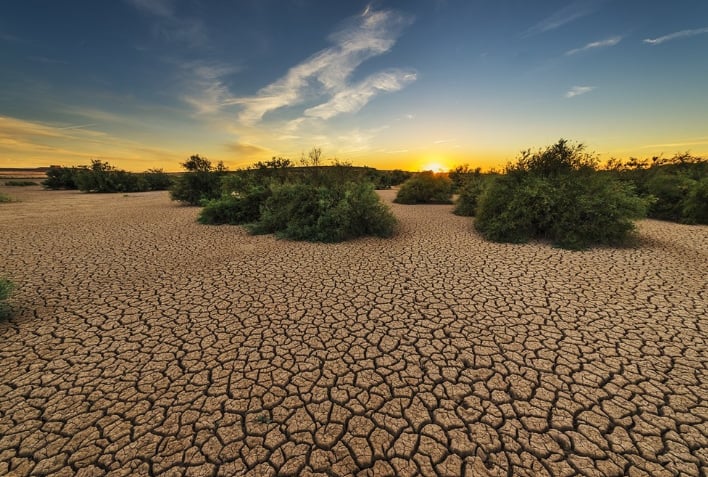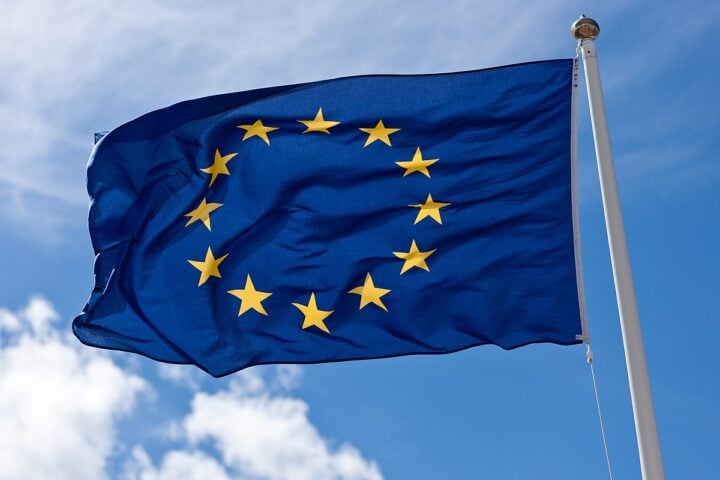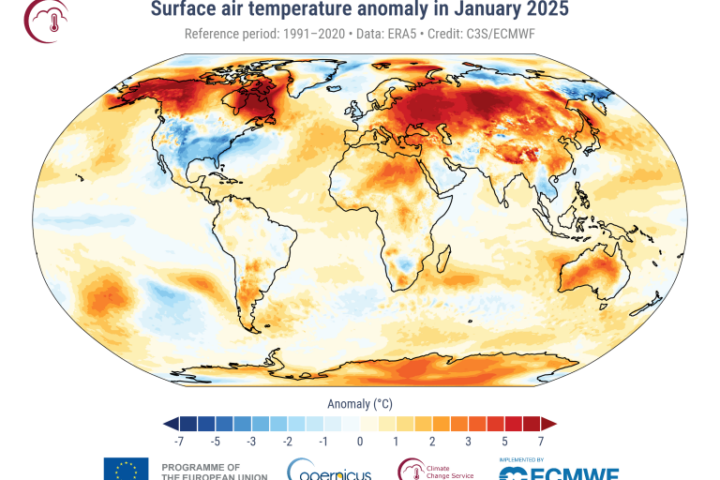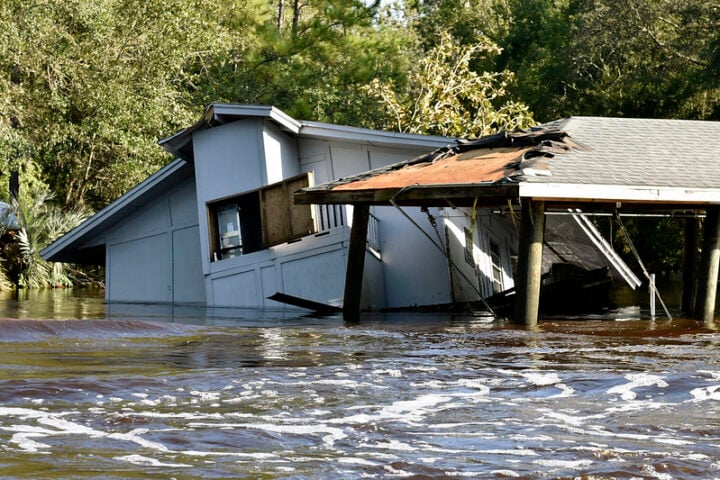On 20 September 2023, the U.N. Secretary-General addressed the Climate Ambition Summit, emphasizing the urgency of climate solutions. He poignantly remarked, “Humanity has opened the gates of hell,” highlighting the dire consequences of climate change. Farmers are witnessing their crops being washed away, and diseases are on the rise due to sweltering temperatures. Historic fires have forced thousands to flee, painting a grim picture of our current climate reality.
The Secretary-General warned that if no significant changes are made, we’re on a trajectory towards a dangerous 2.8-degree temperature rise. However, he also expressed optimism, stating, “The future is not fixed,” urging global leaders to shape it. The goal remains to limit global temperature rise to 1.5 degrees, aiming for a world with clean air, green jobs, and affordable clean energy.
The path to this future has been paved by activists, Indigenous Peoples, CEOs, mayors, and governments. These trailblazers range from activists who refuse to be silenced to Indigenous Peoples defending their lands against climate extremes. Business leaders are transforming their models, and financiers are investing in a just transition. Cities are envisioning a zero-carbon future, and governments are taking steps to eliminate fossil fuels.
The Secretary-General emphasized the need for solidarity, especially for climate champions in the developing world. He called for global leaders to take decisive action and reduce emissions. While the transition from fossil fuels to renewables is underway, he noted, “we are decades behind.” The urgency to act is compounded by the greed of entrenched interests profiting from fossil fuels.
Similar Posts
He introduced the “Climate Solidarity Pact,” urging major emitters to intensify their efforts to cut emissions. This pact also calls on wealthy nations to assist emerging economies in their climate endeavors. The “Acceleration Agenda” proposed by the Secretary-General encourages governments to expedite their climate actions. Developed countries are urged to achieve net-zero emissions by 2040, and emerging economies by 2050. This agenda also promotes a fair and equitable energy transition, ensuring affordable electricity for all. A significant step includes credible plans to exit coal by 2030 for OECD countries and by 2040 for others.
The IMF has highlighted the staggering fossil fuel subsidies, which reached an estimated US $7 trillion in 2022. The Secretary-General’s agenda also champions climate justice, acknowledging the anger of nations suffering from a crisis they didn’t create. He emphasized the need for transformation and trust-building, urging governments to push the global financial system towards supporting climate action. The Secretary-General criticized companies making “shady pledges” and called for genuine transition plans that ensure climate justice.
He concluded by reminding attendees, “The future of humanity is in your hands,” emphasizing the importance of turning plans into action. While one summit might not change the world, the Secretary-General believes it can generate momentum for future endeavors, urging everyone to “turn up the tempo.”
